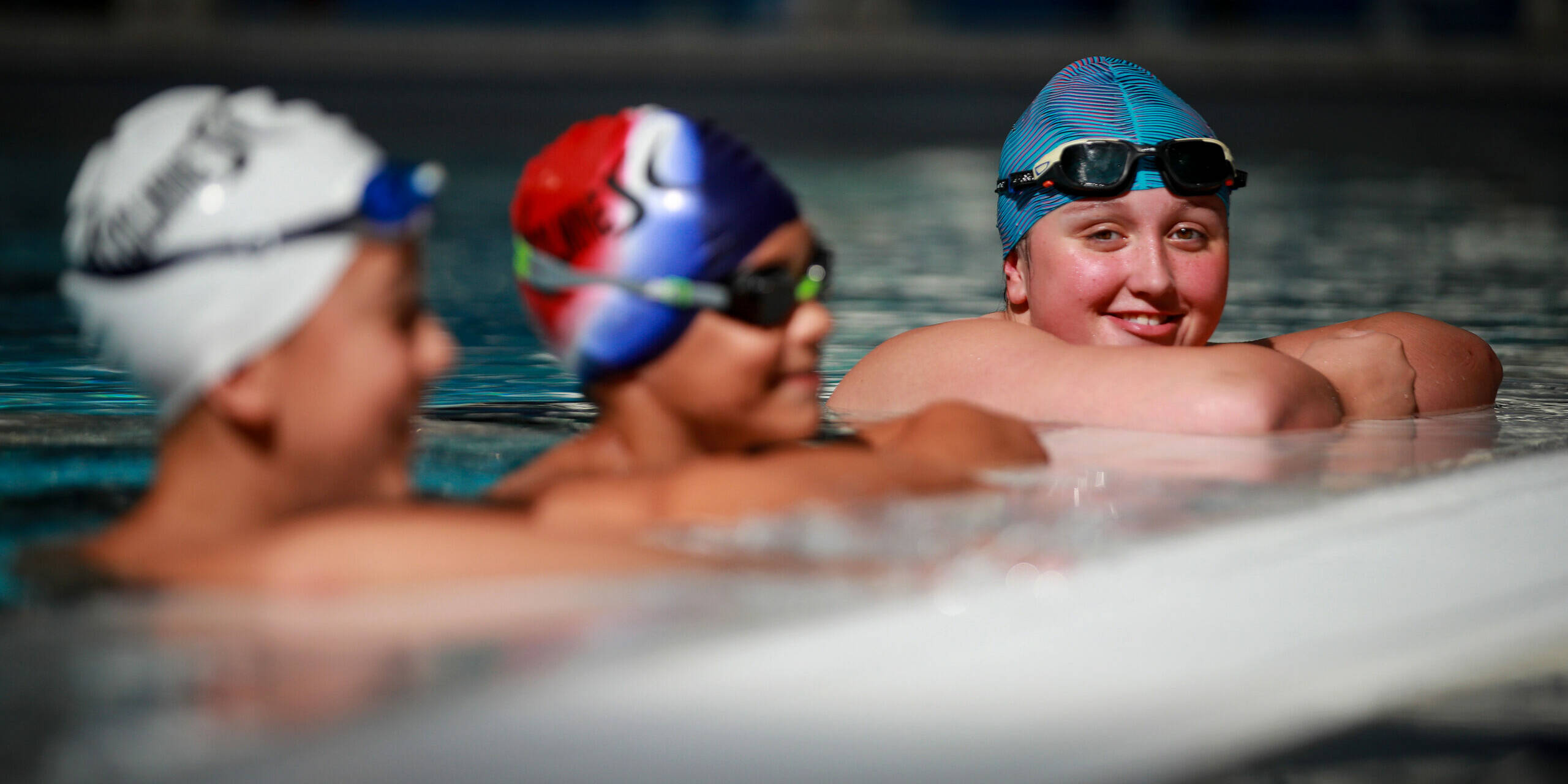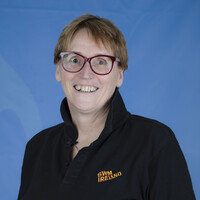
Here to Listen
Finding someone to talk to is important; finding the right person is vital to getting help
We all need help sometimes, and at times it can be the last thing we think of asking for. We should try to make sure we have ‘a trusted person’ to talk to, in good and in difficult times. Knowing who that is, is one step closer to getting help.
You may have been listening to the radio, reading a paper, hearing about your favourite sport or listening to a podcast and heard or read something upsetting. This may have triggered a memory, or you may know someone who is dealing with a difficulty? You might be worried about a child or young person and uncertain where to go or who to talk to. Please find someone trusted to talk to; we should all have someone we can turn to, our children and young people, adults, – people like you and me.
There are supports to help or guide you in reporting something that has been harmful. You also can also talk someone you trust, perhaps someone in your club, your region or at national level. If you don’t know where to turn, contact Kate Hills, our National Children’s Officer; any discussion for help will be in confidence and Kate can help you find the right place to be. Just so you do know – if Kate hears anything about a child or young person being harmed this needs to be acted on.
We will also add resources as new information comes up – so please check back here or contact Kate if there is something you have found useful.
Reporting Concerns
You can talk with social workers to help you decide on what to do with the information you have.
If would like to talk, contact a social worker or report something you have seen that you are concerned about.
Supports and Contacts
| Organisation | Phone | Website | Info | |
| NSPCC Childline (NI) | 0800 1111 | @NSPCC helpline |
childline.org.uk https://bit.ly/3cKXAix |
The counsellors are there for young people who need somewhere to turn to. If you are worried about a child or young person, or see something that just doesn’t seem right, Childline is there to help. |
| Abuse in Education Helpline (UK only) | 0800 136 663 | help@nspcc.org.uk | Following on from concerns about reports of abuse in schools in UK the NSPCC have released a free and anonymous helpline for children and young people who have experienced abuse at school. It is also accessible for parents/carers and professionals who need support and guidance. | |
| Childline (ROI) |
1800 66 66 66 texting to 50101 |
Childline.ie | Childline in Ireland is 24-hour national listening service for all children and young people (under the age of 18). It is private, confidential and non-judgemental and can be contacted for free from anywhere in Ireland. | |
| ISPCC’s Support Line (ROI) |
01 522 4300 9am – 1pm Monday – Friday |
parentingsupport@ispcc.ie | The ISPCC Support Line provides a confidential listening service, offering information, advice and emotional support to members of the public who contact us on any issue in relation to child protection and welfare. | |
| Turn2me (ROI) | www.Turn2me.ie | You can access services through online counselling and/or support groups, specifically for young people aged 12 – 17 as well as adults 18+ | ||
| HSE National Counselling Service (ROI) | 1850 241 850 | www.hse-ncs.ie | This will help you find the right local number to for confidential counselling for adults. | |
| Connect, National Adults Counselling Service (ROI) | Freephone 1800 477 477 (ROI) or 00800 477 477 77 (NI) | https://connectcounselling.ie/ | CONNECT is a service for any adult who has experienced abuse, trauma or neglect in childhood. The service is also available to partners or relatives of people with these experiences. |
Mental Health Supports
There are support services across the island of Ireland that can help with your questions, concerns or just to give you information.
The various Mental Health Services provide a wide range of mental health supports.
And we are here to listen...
The Head of Safeguarding, Ethics and Youth Development, Kate Hills can be contacted if you are unsure about who to turn to.
More Information
Here we have more information on various campaigns, links to videos or information that you might find useful. If you have anything that you feel would be supportive or informative for our members let Kate Hills know.
Understanding what consent is … This is a short video from Athlete365 explaining consent – this is really clear, and it applies to all young people.
Helping young people who are victims of violence: A short video intended to help children if they are the victim of violence – we need to encourage young people to talk to a trusted person to get help:
tackling online hate speech
Don't Scroll By
Team Ireland athletes have collectively taken a stand against online hate speech with their campaign ‘Don’t Scroll By’. The campaign calls on public and sporting stakeholders to adopt a zero-tolerance approach to online abuse, discrimination and hate speech, and to #DeleteBanReport any of this type of commentary they witness online.


